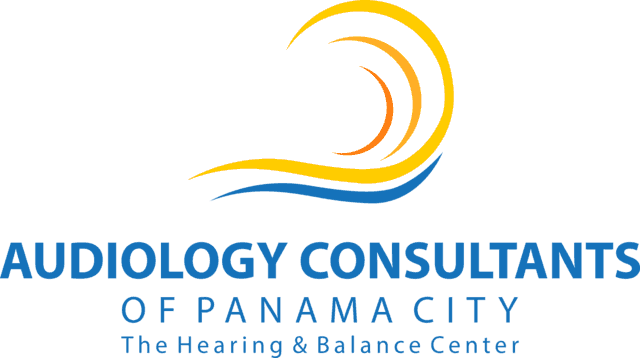- Using Hearing Aid Accessories for Enhanced Listening - May 6, 2025
- Practical Tips for Managing Daily Challenges With Tinnitus - April 8, 2025
- Signs Your Hearing Aid Battery Needs to Be Replaced - March 13, 2025
Have you found yourself suddenly struggling to remember things you have done for years? It’s common to be forgetful every now and then, but if this occurs more and more often, there is the possibility it could signify the onset of Alzheimer’s disease or another form of dementia. This is particularly a concern as the risk rises once we reach 65 years or old. Every five years after the risk doubles and by 85 and older the prevalence is nearly 1 in 3. Each September Alzheimer’s Disease International celebrates World Alzheimer’s Month. This month-long campaign is meant to raise awareness and education around this very serious condition.
Understanding Alzheimer’s Disease
Alzheimer’s disease is the most common form of dementia. Dementia is not a specific disease but a group of neurodegenerative diseases classified by the impairment of at least two functions of the brain such as memory and judgment. Alois Alzheimer first identified the condition in 1906 when he recognized brain abnormalities in patients with similar mental issues. These abnormalities are now identified as amyloid plaque and neurofibrillary tangles which attach themselves to brain tissue, degrading brain cells and preventing them from communicating together. Over time this can lead to loss of memory and escalate to the inability to complete everyday activities.
What Do You Know About Alzheimer’s Disease?
It is currently estimated that 50 million people are affected by dementia and this number is only expected to rise. Alzheimer’s Disease International estimates that 150 million people may suffer from dementia by 2050! One reason that World Alzheimer’s Month is important to take note of is because there are lifestyle choices you can modify to lower your risk of this devastating disease. There is currently no way to reverse the degeneration of brain cells caused by Alzheimer’s, but the destruction can be prevented.
Modifiable Risk Factors
In 2020 the Lancet Commission released a report on dementia prevention which added three modifiable risk factors to the nine previously disclosed in 2017. They found that by modifying one or more of these factors, the risk of developing dementia can be lowered by nearly 40 percent.
The complete list of risk factors includes:
- Education – The first 20 years of life encourages health brain activity
- Traumatic brain injury (TBI)- damaging brain cells
- Hypertension – causing poor blood circulation to the brain
- Physical inactivity- affecting several aspects of brain and body health
- Diabetes- limiting blood flow to the brain
- Excessive alcohol consumption – caused brain damage
- Weight control and obesity
- Smoking – constricting blood vessels and increasing the risk of stroke.
- Depression- leading to less socialization and activity
- Social contact – stimulates the brain
- Air pollutants – causing production of amyloid plaque in the brain.
- Mid-life hearing loss
Mid-life hearing loss
The last modifiable risk is important to us as hearing care specialists. Researchers from the Lancet Report found a risk ratio of 1.9 for dementia for those with untreated hearing loss which followed up over 9 to 17 years. This is because hearing loss starts in the ears but it’s major effects occur in the brain. We struggle to hear sounds, causing our brain to strain. Alarmingly untreated hearing loss puts us at risk for many of the other factors on the Lancet Commission list. For instance, hearing loss can decrease social connection as patients struggle to hear and socialize. This can also cause chronic depression, which in turn can cause less physical activity.
Treating Hearing Loss
Treating hearing loss is a great way to promote a healthy brain and it is something you should address today. While hearing loss is in most cases irreversible, it can be treated effectively with the use of hearing aids. These amazing devices amplify the sounds around you, making it easier to communicate, stay engaged and active.
A study from Dr. Lin at Johns Hopkins University found that the degree of hearing loss actively increased the risk of dementia in patients. A severe case of hearing loss was found to increase the risk of dementia by fivefold. However, a separate study from the University of Manchester in the UK found that the use of hearing aids can slow the risk of dementia by nearly 75%!
World Alzheimer’s Month
If you have been procrastinating on dealing with a potential hearing loss, use the month of September as a call to action. Schedule a hearing test and join in the fight against Alzheimer’s today!


